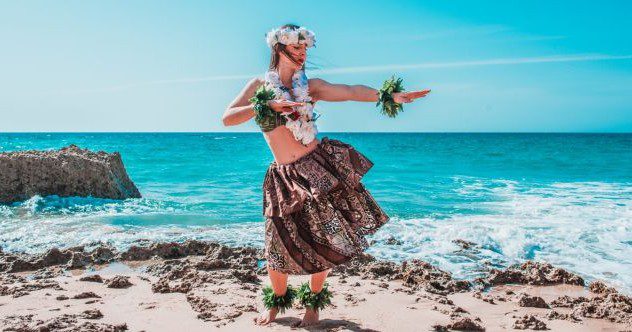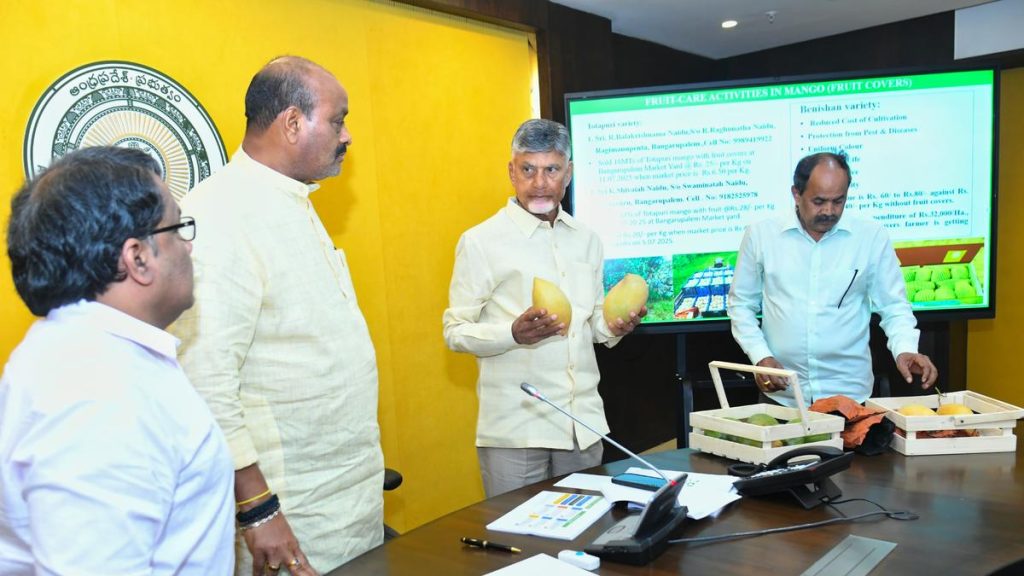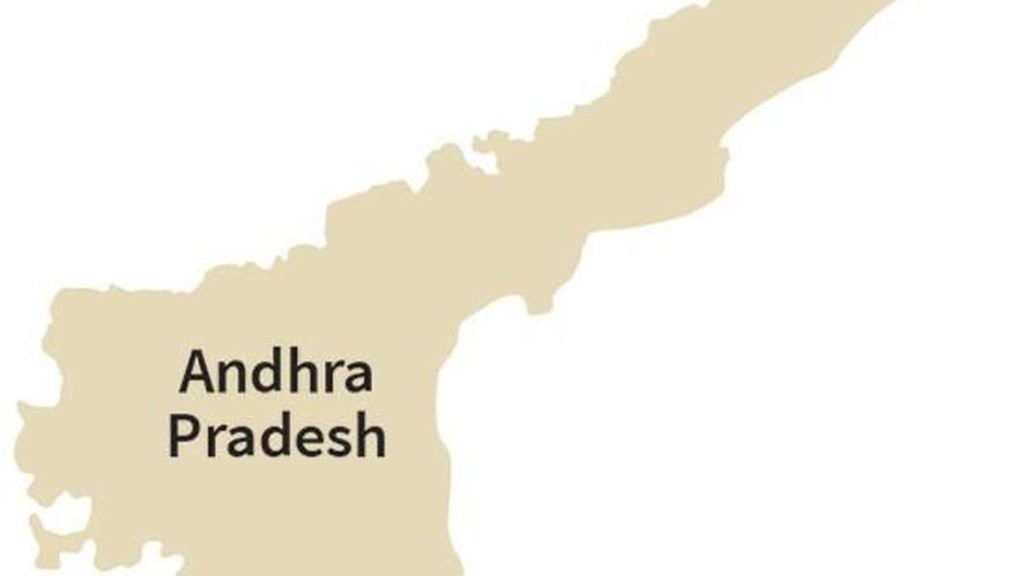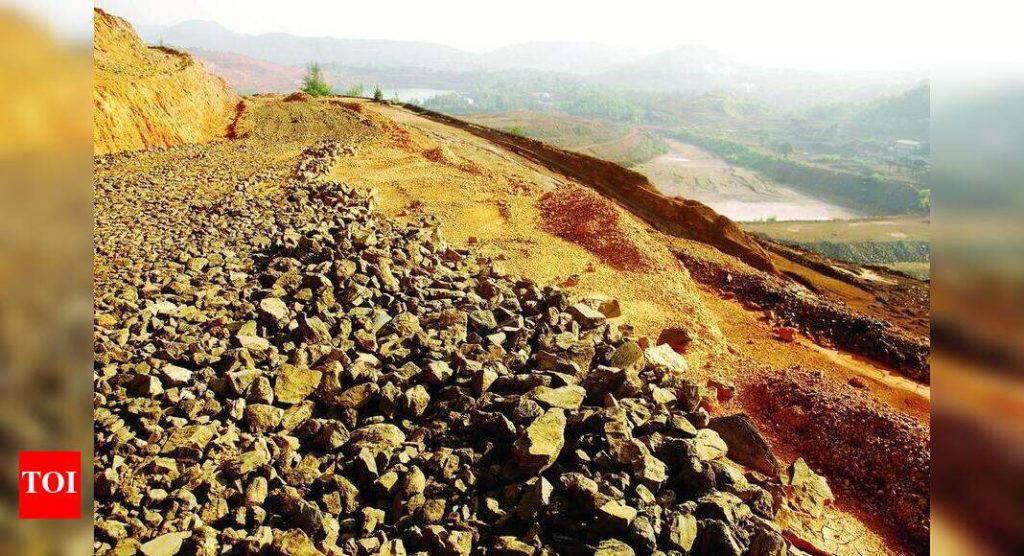Now Reading: Life in Hawaii: 10 Fascinating Facts from Before U.S. Influence
-
01
Life in Hawaii: 10 Fascinating Facts from Before U.S. Influence
Life in Hawaii: 10 Fascinating Facts from Before U.S. Influence

Speedy Summary
- Hawaii’s Precolonial History: Polynesians from Marquesas settled Hawaii around AD 400, followed by Tahitian immigrants in AD 1000.Tahitians established strict social classes.
- Legends and Social Class: Myths of Menehune (“little peopel”) derive from real ancient class divisions between Marquesan settlers (“manahune”) and subjugating Tahitians.
- Tahitians’ Governance: Early Hawaiian society enforced rigid hierarchies through ali’i leaders, kahuna priests/craftsmen, and maka’ainana laborers. The lowest groups faced brutal treatment as human sacrifices or forced labor.
- Religious Kapu Codes: Strict behavioral codes tied to Hawaiian spirituality dictated daily life until eventually dismantled by King kamehameha in 1819 after Western influence grew.
- Captain Cook Arrival (1778): Welcomed on initial visits during peacetime makahiki but tensions led to his death during a chaotic return in 1779 when locals attacked after conflict with British soldiers over theft accusations.
- Sandalwood Trade Boom/decline: Hawaiians thrived economically by trading sandalwood globally but overharvesting depleted resources leading to societal strain and eventual collapse of the industry.
- Whalers & Missionaries influence (19th Century): New England whalers brought chaos while Christian missionaries introduced education, codified Hawaiian language, replaced gods with Christianity-transforming societal norms.
- King Kamehameha I Unifies Islands (1790-1819): Using force, military strategy (including guns), he united all islands under his rule establishing order amidst Western merchant pressures. His dynasty lasted five generations before its decline under external influences.
- Hawaiians’ Cultural Surfing Legacy: Duke Kahanamoku promoted surfing globally becoming an Olympic champion symbolizing Hawaii’s cultural preservation even amid colonial transitions toward statehood.
Indian Opinion Analysis
Understanding Hawaii’s prestatehood history offers insights into how external forces shape native cultures-a phenomenon not unfamiliar within india’s own colonial experience. Similar to Polynesians navigating perilous oceans for survival centuries ago, India’s early civilization also reflects resilience amid climatic challenges and territorial conflicts.
The arrival of foreign systems like Christianity reshaping governance structures resembles the imprint British raj left across diverse facets-from stratified social overhaul regionally like caste-adaptations today nations constitutionally withdrawing yet spiritually retention deeper minds’ threads always shared writes historical exchange past margins societies modern comparisons elsewhere shaping balance community displaces dynamics reflected storytelling worldwide-global stronger preserving strengthen protections grassroots inclusive equal celebratory humility-breaking wider perspectives never silence uniquely resilient

























